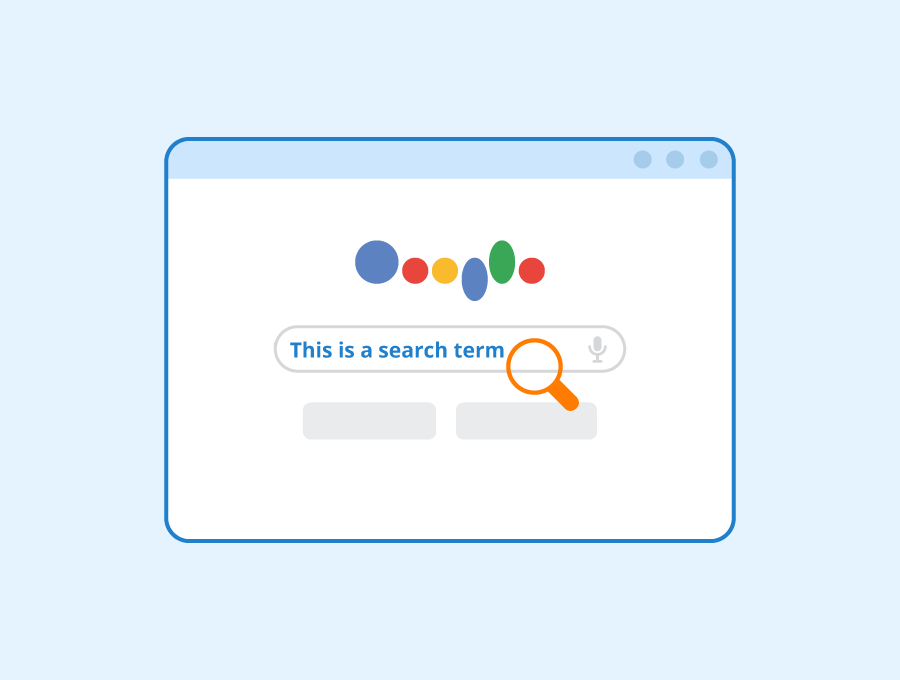Google has recently launched a new AI software called LaMDA, which stands for Language Model for Dialogue Applications. LaMDA is designed to make conversational AI more natural and flexible by allowing users to engage in more complex and context-specific conversations with digital assistants.
In this article, we will explore the features and potential applications of LaMDA, as well as its impact on the field of AI.
What is LaMDA?
.LaMDA is a neural network-based conversational AI model developed by Google. It is built on top of the Transformer architecture, which is used in many natural language processing tasks such as machine translation, text summarization, and question-answering systems.
LaMDA is different from traditional chatbots and digital assistants in that it is designed to have more human-like conversations. It can understand the context of a conversation and respond to queries based on that context. It is also capable of handling follow-up questions and can carry on a conversation for an extended period of time.
LaMDA has been trained on a vast amount of textual data, such as books, articles, and websites, which allows it to understand and respond to a wide range of topics. It can even use its training data to generate new knowledge and carry out conversations on topics that it has not been explicitly trained on.
Potential Applications of LaMDA
LaMDA has the potential to revolutionize many areas of AI, including virtual assistants, customer service, and education. Here are some of the potential applications of LaMDA:
.Virtual assistants: LaMDA can improve the quality of conversations with virtual assistants, making them more natural and human-like. It can help to solve the problem of repetitive and boring conversations that users often experience with current virtual assistants.
.Customer service: LaMDA can be used in customer service to provide more personalized and helpful responses. It can help to reduce wait times and improve the overall customer experience.
.Education: LaMDA can be used in education to create more interactive and engaging learning experiences. It can help to provide students with more personalized feedback and guidance.
.Search: LaMDA can be used to improve the quality of search results by understanding the context of queries and providing more relevant and accurate responses.
.Gaming: LaMDA can be used to create more realistic and engaging gaming experiences by providing more complex and human-like interactions with NPCs.
Impact on the field of AI
LaMDA is a significant development in the field of AI and has the potential to impact how we interact with digital assistants, search engines, and other AI-powered tools. By improving the quality of conversations and providing more personalized and context-specific responses, LaMDA can make AI more human-like and intuitive.
However, there are also concerns about the potential ethical implications of LaMDA and other advanced AI technologies. Some experts have raised concerns about the impact of these technologies on privacy, security, and the job market. There is also a need to ensure that these technologies are developed and deployed in an ethical and responsible way.
Conclusion:
LaMDA is a major development in the field of AI that has the potential to transform how we interact with digital assistants, search engines, and other AI-powered tools. Its ability to understand context and carry on more human-like conversations has many potential applications in fields such as customer service, education, and gaming. However, there are also concerns about the ethical implications of these technologies, and it is important to ensure that they are developed and used in a responsible way.









